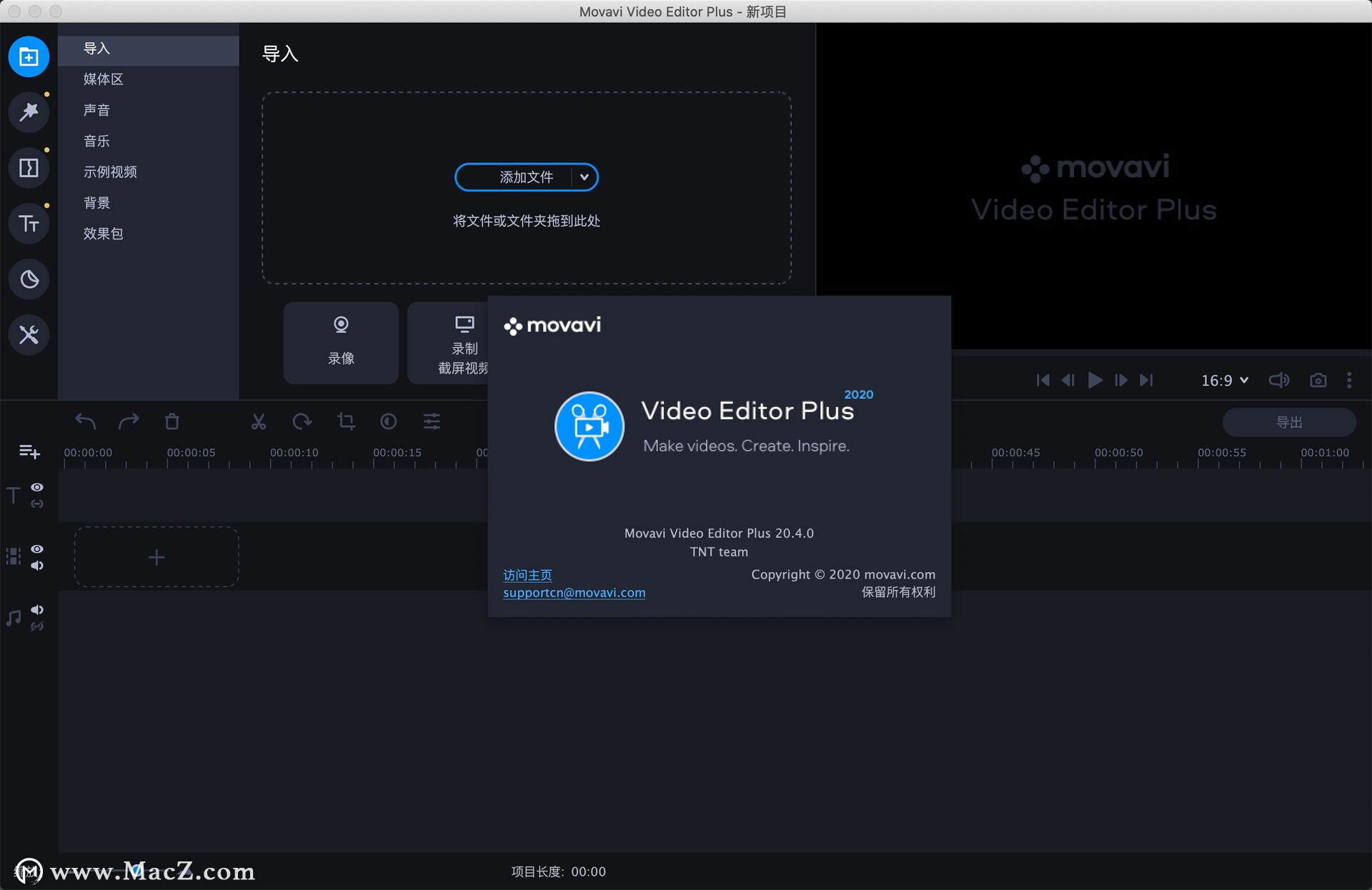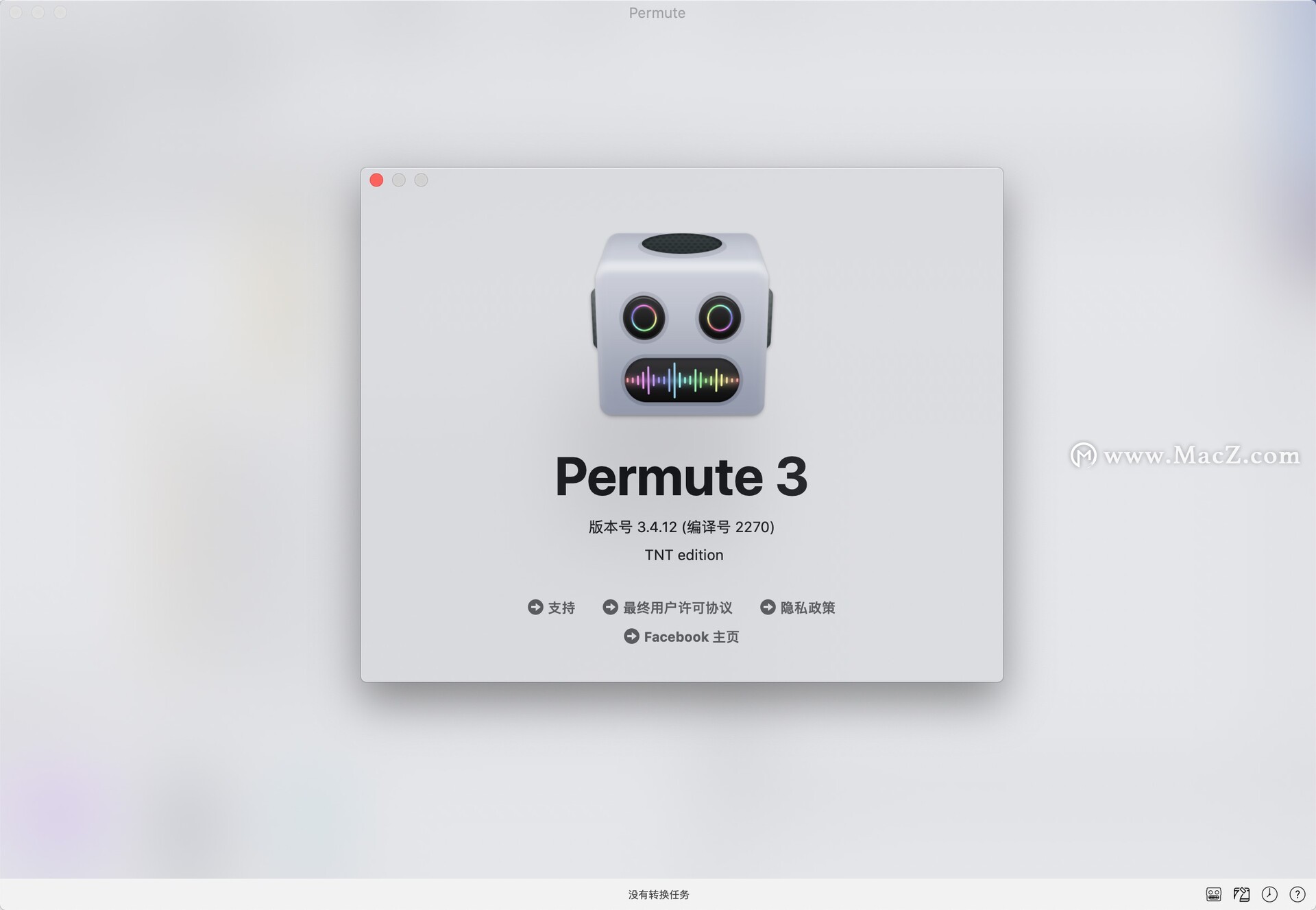介绍 # !/usr/bin/python3
#,- *安康;编码:utf-8 - *
,
得到bs4 import BeautifulSoup
,
时间=html “““
& lt; html> & lt; head> & lt; title>,睡鼠# 39;s story & lt;/head>
& lt; body>
& lt; p 类=皌itle", name=癲romouse"祝辞& lt; b>,睡鼠# 39;s story & lt;/p>
& lt; p 类=皊tory"祝辞Once upon a time there were three little 姐妹;以及their names
& lt; a https://www.yisu.com/zixun/href=" http://example.com/elsie " class="妹妹" id=" link1 "> ,
莱斯
蒂莉;
他们住在井底。
[& lt; b>,睡鼠# 39;s story】
[& lt; a 类=皊ister", https://www.yisu.com/zixun/href=" http://example.com/elsie " id=" link1 "> ,<类=懊妹谩?
href=" http://example.com/lacie " id=" link2 ">莱斯、蒂莉 # !/usr/bin/python3
#,- *安康;编码:utf-8 - *
,
得到bs4 import BeautifulSoup
import 再保险
,
时间=html “““
& lt; html> & lt; head> & lt; title>,睡鼠# 39;s story & lt;/head>
& lt; body>
& lt; p 类=皌itle", name=癲romouse"祝辞& lt; b>,睡鼠# 39;s story & lt;/p>
& lt; p 类=皊tory"祝辞Once upon a time there were three little 姐妹;以及their names
& lt; a https://www.yisu.com/zixun/href=" http://example.com/elsie " class="妹妹" id=" link1 "> ,
莱斯
蒂莉;
他们住在井底。
的身体
b # !/usr/bin/python3
#,- *安康;编码:utf-8 - *
,
得到bs4 import BeautifulSoup
,
时间=html “““
& lt; html> & lt; head> & lt; title>,睡鼠# 39;s story & lt;/head>
& lt; body>
& lt; p 类=皌itle", name=癲romouse"祝辞& lt; b>,睡鼠# 39;s story & lt;/p>
& lt; p 类=皊tory"祝辞Once upon a time there were three little 姐妹;以及their names
& lt; a https://www.yisu.com/zixun/href=" http://example.com/elsie " class="妹妹" id=" link1 "> ,
莱斯
蒂莉;
他们住在井底。
这篇文章将为大家详细讲解有Python爬关虫中搜索文档树的方法,小编觉得挺实用的,因此分享给大家做个参考,希望大家阅读完这篇文章后可以有所收获。
<强>搜索文档树
1。find_all(名称、attrs递归、文本、* * kwargs)
<强> 1)名字参数
名称参数可以查找所有名字为名称的标签,字符串对象会被自动忽略掉。
。传字符串
最简单的过滤器就是字符串,在搜索方法中传入一个字符串参数,美丽的汤会查找与字符串完整匹配所有的内容,返回一个列表。
…
”“” #创建漂亮的汤对象,指定lxml解析器 汤=BeautifulSoup (html、“lxml”) print (soup.find_all (" b ")) print (soup.find_all (a))运行结果
B。传正则表达式
如果传入正则表达式作为参数,美丽的汤会通过正则表达式匹配()来匹配内容。
…
”“” #创建漂亮的汤对象,指定lxml解析器 汤=BeautifulSoup (html、“lxml”) 在soup.find_all标签(re.compile (b“^”)): 打印(tag.name)运行结果
C。传列表
如果传入列表参数,美丽的汤会将与列表中任一元素匹配的内容以列表方式返回。
…
”“” #创建漂亮的汤对象,指定lxml解析器 汤=BeautifulSoup (html、“lxml”) print(汤。find_all ([a, b]))





